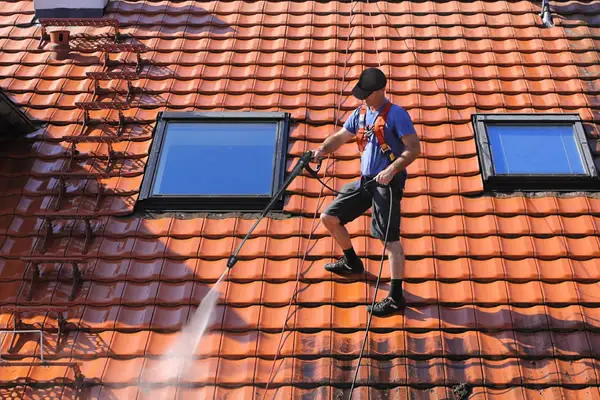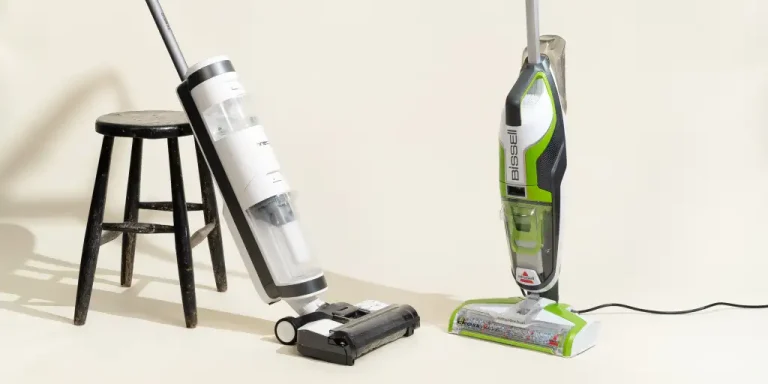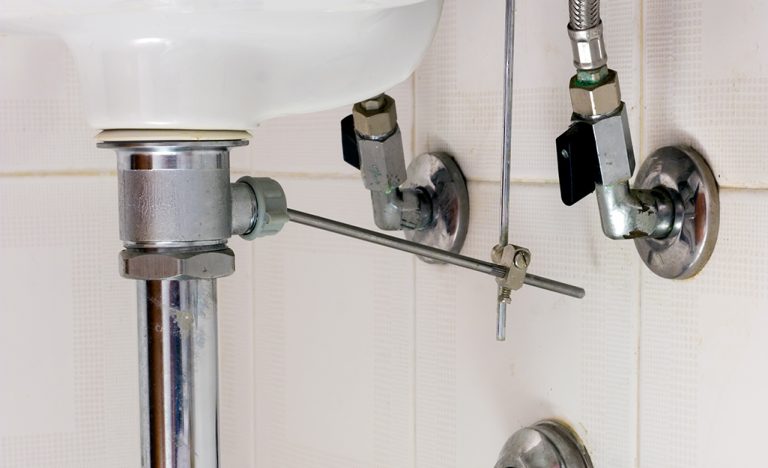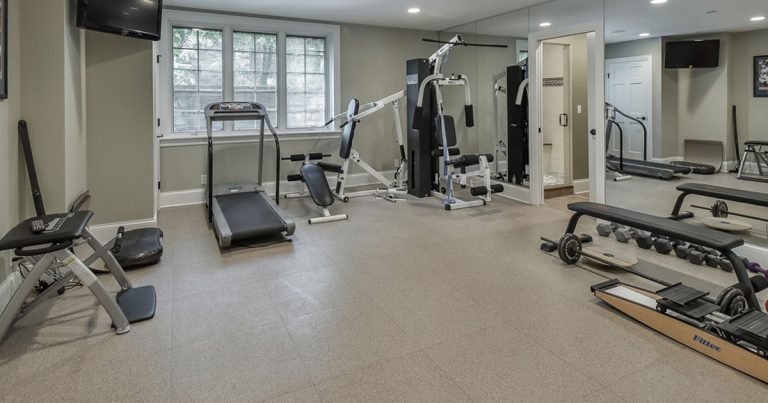Does Chlorine Clean Roof Tiles?
Chlorine is a powerful cleaning agent that is often used for sanitizing and disinfecting surfaces. It is also a great choice for cleaning roof tiles. When used properly, chlorine can effectively remove dirt, mildew, and algae from roof tiles without damaging the tiles or surrounding property. With its powerful cleaning capabilities, chlorine is one of the most popular choices for cleaning roofs. However, it is important to take safety precautions when using chlorine and to use the right concentration for the job. By understanding how chlorine works and when it should be used, you can ensure that your roof tiles are thoroughly cleaned and remain in good condition.
The Nature of Roof Tiles
Roof tiles are an integral part of any structure, providing protection from the elements and lasting durability. They come in a variety of materials, and each has its own advantages and disadvantages. Clay, concrete, and slate roof tiles offer an attractive and long-lasting roofing solution, while metal and asphalt shingles offer a more affordable option. Whichever option you choose, it’s important to understand the nature of roof tiles and how they will impact your home’s look, durability, and energy efficiency. Clay and concrete roof tiles offer the most attractive colors and textures, as well as the longest lifespan. They’re also the most expensive option, but they’ll last for many decades. Slate and metal roof tiles are also durable and attractive, but they’re more expensive than asphalt shingles. Asphalt shingles are an affordable option, but they don’t last as long and are more prone to damage. Knowing the nature of roof tiles is key when it comes to making an informed decision about the best roofing solution for your home.
The Role of Chlorine in Cleaning
Chlorine is an essential element in keeping our homes and workplaces clean and healthy. Chlorine-based cleaning products are a great way to eliminate bacteria, fungi, and viruses from surfaces and fabrics, and are commonly used in laundry detergents, dishwashing liquids, and disinfectants. When used correctly, chlorine helps to reduce the spread of harmful germs, making it an important part of any cleaning routine. Chlorine is also effective at removing dirt and stains, making it a versatile and economical cleaning option. Whether you’re sanitizing surfaces or washing clothes, chlorine is a powerful tool for ensuring a safe and clean environment.
How to Apply Chlorine to Roof Tiles
Whether it’s a broken shingle or a full roof replacement, applying chlorine to roof tiles is a great way to extend the longevity of your roof. To ensure optimal results, follow these simple steps:
- Make sure the roof is completely dry before applying chlorine. Clean off any dirt, debris, or loose material with a broom.
- Mix a solution of chlorine and water in a bucket. Use one part of chlorine for every 10 parts of water.
- Using a brush or roller, apply the solution to the roof tiles. Make sure to cover all areas evenly.
- Allow the chlorine solution to sit for at least 20 minutes before rinsing off with a garden hose.
- Once the roof is completely dry, apply a sealant to protect against future damage.
Following these steps will help your roof stay strong and long-lasting. With a little bit of effort and regular maintenance, you can keep your roof looking great for years to come.
Advantages of Using Chlorine
Chlorine is a powerful disinfectant and sanitizer used widely in many settings. Its most popular use is in swimming pools and spas, but it is also used in water treatment plants and other water sources, medical facilities, food processing, and other industries. Chlorine has several advantages that make it an effective sanitizer and disinfectant. It is strong enough to kill most bacteria, fungi, viruses, and other microorganisms, making it a great choice for keeping water and other surfaces clean and safe. It is also cost-effective, biodegradable, and easy to use. Chlorine’s effectiveness and convenience make it a popular choice for keeping environments clean and safe.
Disadvantages of Using Chlorine
Chlorine is a widely used chemical compound that is effective in killing bacteria and other organisms that can cause disease. However, chlorine has some drawbacks that should be considered before use.
Chlorine can be highly toxic to humans and animals if ingested, inhaled, or absorbed through the skin. In addition, chlorine can cause skin and eye irritation in some people, as well as other skin conditions such as rashes or hives. Chlorine is also a corrosive substance and may corrode pipes, tanks, and other materials that it is in contact with.
Chlorine can also have detrimental effects on the environment. When used in large amounts, chlorine can cause damage to plants and animals as it can be toxic when it enters soil and water. Additionally, chlorine can react with other compounds in water to form potentially hazardous substances such as trihalomethanes and haloacetic acids.
For these reasons, it is important to carefully consider the pros and cons of using chlorine before making a decision on whether or not to use it.
Tips for Safely Applying Chlorine
Chlorine is a powerful water disinfectant and is commonly used to clean water for swimming pools, hot tubs, and other recreational activities. However, when not used properly it can be dangerous. Here are a few tips for safely applying chlorine to your pool, hot tub, or other water sources:
1. Wear protective gear including gloves, goggles, and long sleeves when handling chlorine.
2. Use a measuring device to accurately measure the amount of chlorine you need.
3. Pre-dissolve the chlorine in a separate container to help prevent staining.
4. Add chlorine into the water slowly and stir the water to ensure an even distribution.
5. Do not mix chlorine with any other chemicals as this can cause hazardous reactions.
6. Always keep chlorine out of reach of children and pets.
By following these simple tips, you can safely and effectively apply chlorine to your pool or hot tub and protect your health and the environment.
Alternatives to Chlorine for Cleaning Roof Tiles
We all know that chlorine is a powerful cleaning agent, but it’s not always the best option for cleaning roof tiles. Fortunately, there are other alternatives that can be just as effective and much safer for the environment. Baking soda is an all-natural cleaning agent that can be used to eliminate dirt, algae, and other debris from your roof tiles. You can mix baking soda with water and use a soft-bristled brush to scrub your roof tiles. Alternatively, you can use vinegar-based cleaner to break down grime and dirt, leaving your roof tiles sparkling clean. For tougher stains, you can use a pressure washer and a cleaning solution made of trisodium phosphate. Whichever method you choose, make sure to follow the directions on the cleaning product to ensure your roof tiles are clean and free of damage.
Conclusion
Chlorine can effectively clean roof tiles, but it is important to note that it should only be used in a well-ventilated area. Additionally, chlorine should not be used near plants or animals, and it should not be used on any tiles that may have been painted or sealed. Chlorine can be an effective cleaning solution when used carefully, but you should always consult a professional if you have any questions or concerns about its use.







